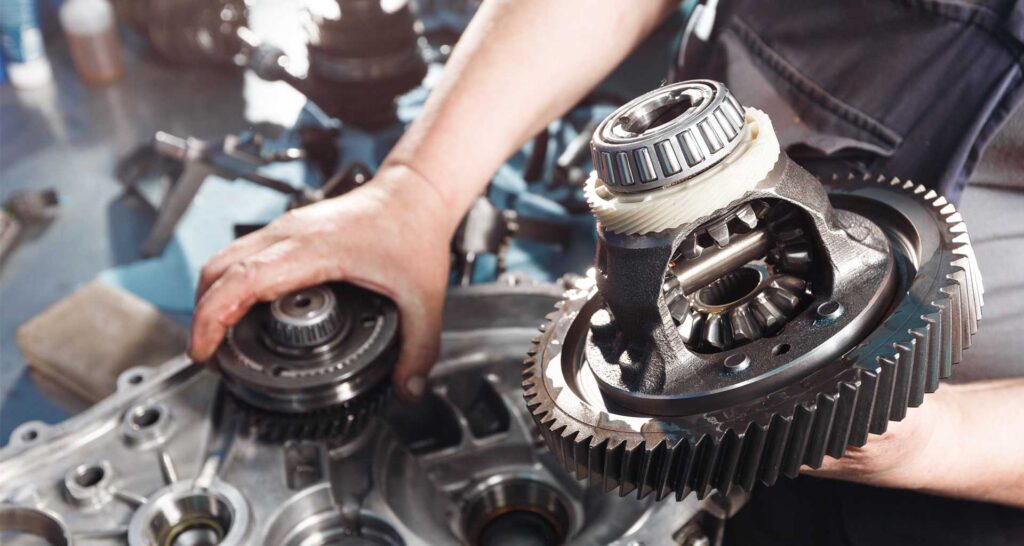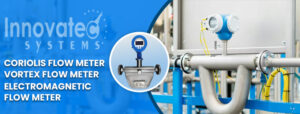
Replacing an engine is one of the biggest decisions a car owner can face. It’s not only costly but also comes with the question of whether it’s truly worth investing in a vehicle that may already have a lot of miles on it. Understanding when and why engine replacement makes sense can save you from unnecessary expenses and help you make informed decisions about your car.
Signs Your Engine May Need Replacement
Before considering a replacement, it’s important to recognize the signs of a failing engine. Some common symptoms include:
- Excessive Smoke: Blue or black smoke from your exhaust often indicates burning oil or fuel, which can mean serious engine problems.
- Knocking or Ticking Noises: Strange noises from the engine could signal worn-out parts or low oil pressure.
- Loss of Power: If your car struggles to accelerate, it may indicate internal engine wear.
- Oil Consumption: High oil consumption or constant oil leaks may mean the engine is deteriorating.
- Check Engine Light: While this can be caused by minor issues, persistent warnings may indicate severe engine trouble.
If these problems are frequent, a replacement might be the best long-term solution compared to constant repairs.
Understanding Engine Replacement Costs
Engine replacement costs can vary depending on the type of engine and the make and model of your vehicle. On average, a standard engine replacement can range from $3,000 to $7,000 or more. High-end vehicles or specialty engines can exceed $10,000.
In addition to the engine itself, labor costs, fluids, and additional parts such as gaskets, belts, and hoses add to the total. This is why many car owners compare the cost of replacement against the vehicle’s current value to determine whether it’s a smart investment.
Many auto service centers, including those specializing in Engine & Transmission Replacements in Lewisville TX, recommend evaluating your car’s overall condition. Factors like mileage, maintenance history, and potential future repairs play a significant role in making a decision.
Pros and Cons of Replacing an Engine
Pros
- Extended Vehicle Life: A new or rebuilt engine can give your car a fresh lease on life.
- Improved Performance: Replacing a worn engine can restore the power and efficiency of your car.
- Cost-Effective for High-Value Cars: For vehicles with high resale value, engine replacement may be cheaper than buying a new car.
Cons
- High Initial Cost: Engine replacement is expensive and may not be practical for older vehicles.
- Potential for Hidden Issues: Even with a new engine, other parts may fail, adding extra costs.
- Depreciation Considerations: Some vehicles depreciate faster than the investment you put into replacing the engine.
Rebuilt vs. New Engines
When opting for an engine replacement, you generally have two options: a new engine or a rebuilt engine.
- New Engine: Offers maximum reliability but comes with a higher price tag.
- Rebuilt Engine: Typically more affordable, using parts from a salvaged engine while replacing worn components. Rebuilt engines can be reliable if done by experienced mechanics.
Choosing between these options depends on your budget, the car’s value, and long-term plans for the vehicle.
Maintenance Tips to Extend Engine Life
Even after replacement, proper care is essential to maximize your investment. Key practices include:
- Regular Oil Changes: Using high-quality oil and changing it on time prevents engine wear.
- Monitoring Fluid Levels: Coolant, transmission, and brake fluids play a crucial role in overall engine health.
- Avoiding Overheating: Regularly inspect your radiator and cooling system.
- Timely Repairs: Addressing small issues early prevents costly repairs later.
For many car owners, choosing a trusted service provider is crucial. For example, JC Auto Repair LLC has built a reputation in Lewisville for offering reliable engine replacements with careful attention to detail. Their expertise ensures that engines are installed correctly, parts are of high quality, and every vehicle is thoroughly tested before returning to the road.
How to Decide If Engine Replacement Is Worth It
Determining whether engine replacement is worthwhile depends on several factors:
- Vehicle Value: If your car is worth more than the replacement cost, it may be worth it.
- Repair History: Cars that require constant repairs might benefit more from a new engine.
- Long-Term Plans: If you plan to keep the car for many more years, investing in a new engine can be a practical choice.
When in doubt, consulting with experienced mechanics specializing in Engine & Transmission Replacements in Lewisville TX can provide clarity. They can assess your car’s overall condition and offer realistic advice about cost, reliability, and future maintenance needs.
Final Thoughts
Engine replacement is a major decision that requires careful consideration of costs, vehicle condition, and long-term plans. While it may not always be the most economical choice, for certain cars, it can restore performance, improve reliability, and extend the life of the vehicle.
Choosing the right service provider is equally important. Trusted local experts like JC Auto Repair LLC ensure that your replacement engine is installed professionally, using quality parts and expert testing. Their attention to detail gives car owners confidence that their investment will deliver lasting performance.
Ultimately, evaluating your car’s value, repair history, and intended use will guide you toward a choice that is both financially and practically sound. With proper care and professional service, engine replacement can be a smart way to keep your car running smoothly for years to come.





